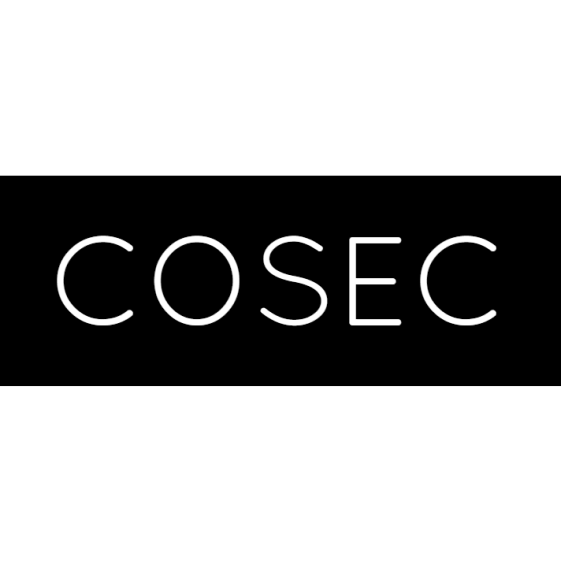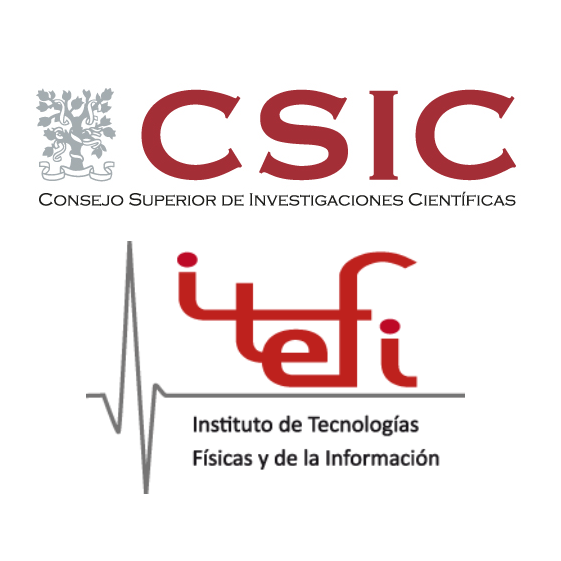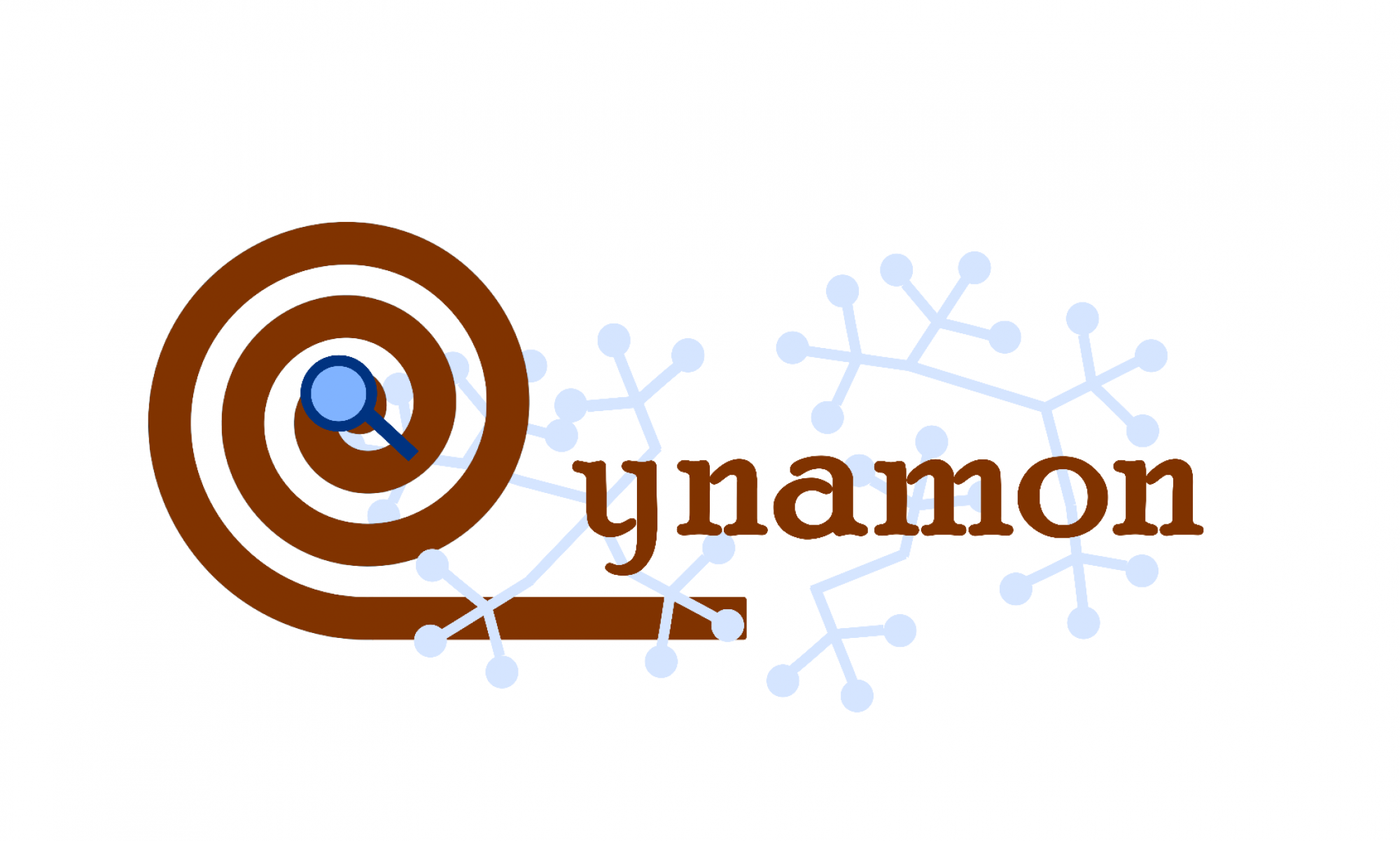
Cyberspace plays nowadays a key role in modern societies and economies, and its protection is a pivotal challenge in national security strategies. Over the last decade, various technological developments havecontributed to make our dependency on cyberspace even greater, including the generation and processing of massive amounts of data, the influence of social networks over all activities of our daily lives, or the trend to connect to Internet virtually every realworld device.
The scientific program proposed in this project aims at contributing to a more secure cyberspace in our current and future technological context. Our approach identifies three paradigms, each with a varying degree of maturity, that will reshape cybersecurity in the coming years. These are: the processing of massive amounts of information (big data), including those generated by citizens and devices; the embedding of computers in essentially all reallife objects (cyberphysical systems) and their connection to the Internet (IoT, Internet of Things); and the challenges and opportunities associated with the rise of quantum computing. To address these challenges we propose an interdisciplinary work program involving five research groups with proven expertise in the areas of system and application security, data analysis, next generation communication systems, and cryptography.
The project establishes three general objectives closely linked to the three challenges discussed above. First, we will develop advanced data analysis techniques to deal with massive amount of data, with a focus on two key application domains: social networks and new generation networks. Second, we will propose security mechanisms and tools for connected IoT devices and the network services they access. Finally, we will explore cryptographic techniques providing information security services and protecting users privacy. This will be done by leveraging new techniques such as the applications of the blockchain technology, as well as the threat posed by quantum computers.
Expected results include a significant advance in the research lines sketched above. In addition, harmonization between research and innovation tasks is ensured by the presence in the consortium of relevant industry partners (BBVA, Vicomtech y Unisys) with a keen interest in developing marketfitting technologies, together with various extraordinarily relevant institutional partners (INCIBE, Jefatura de Información de la Guardia Civil y Centro Criptológico Nacional). Thus, it is expected that this project’s results will be transferred and exploited as soon as they develop, contributing to an improved national cybersecurity at all levels. Consequently, our expected results have a very high technological relevance since they will provide tools for a more trustworthy cyberspace for citizens, companies, and Public Administrations.
The project goals are perfectly aligned with the Spanish and European priorities for the development of secure environments, which aim at strengthening citizen’s rights and improving the competitiveness of our industries and our defense capabilities.
COMPANIES INVOLVED






MEMBERS




Dr. Luis Hernández Encinas
Dra. Amparo Fúster Sabater
Dr. David Arroyo Guardeño
Dr. Agustín Martín Muñoz
Dra. Verónica Fernández Mármol
Dr. Víctor Gayoso Martínez
Dra. Sara Degli Esposti
Dr. Daniel Díaz Sánchez
Dra. María Celeste Campo Vázquez
Dra. Florina Almenares Mendoza
Dr. Carlos García Rubio
Dr. Andrés Marín López
Eugenio Rubio Drosdov
Hossein Doroud
DISSEMINATION AND RESULTS
- E. Rubio-Drosdov, D. Díaz Sánchez, F. Almenárez, A. Marín, “A Framework forEfficient and Scalable Service Offloading in the Mist“, in 5th IEEE World Forum on Internet of Things (WF-IoT), April 2019: 460-463.
- D. Díaz-Sánchez, A. Marín-López, F. Almenarez, P. Arias, R. S. Sherratt. “TLS/PKIChallenges and Certificate Pinning Techniques for IoT and M2M SecureCommunications”, in IEEE Communications Surveys & Tutorials, mayo 2019. DOI: 10.1109/COMST.2019.2914453.
- Daniel Diaz-Sanchez, Andrés Marín-Lopez, Florina Almenarez Mendoza, Patricia Arias Cabarcos. DNS/DANE Collision-Based Distributed and Dynamic Authenticationfor Microservices in IoT, in Sensors 2019, 19(15), 3292. Julio 2019. DOI: 10.3390/s19153292.
- S. D. Cardell, A. Fúster-Sabater. “Binomial representation of cryptographic binary sequences and its relation to cellular automata”. Complexity, vol. 2019, Article ID 2108014, 13 pages, 2019. DOI:10.1155/2019/2108014.
- S. D. Cardell, Verónica Requena, A. Fúster-Sabater and Amalia B. Orúe. “Randomness Analysis for the Generalized Self-Shrinking Sequences”. Symmetry, vol. 11(12), 1460, 28 Nov. 2019. DOI: 10.3390/sym11121460.
- A. Ocampos-Guillen, J. Gomez-Garcia, N. Denisenko, Veronica Fernandez, (2019), “Double-Loop Wavefront Tilt Correction for Free-Space Quantum Key Distribution”, IEEE Access, 7, pp.114033-114041. ISSN 2169-3536. A. Fúster-Sabater, S. D. Cardell. “Linear complexity of generalized sequences by comparison of PN-sequences”. Revista de la Real Academia de Ciencias Exactas, Físicas y Naturales. Serie A-Matemáticas, vol. 114, pp. 79-97, April 2020. DOI: 10.1007/s13398-020-00807-5.
- V. Gayoso Martínez, L. Hernández-Álvarez and L. Hernández Encinas, Analysis of the Cryptographic Tools for Blockchain and Bitcoin, Mathematics, 8, 131 (2020), 14 pp., https://doi.org/10.3390/math8010131.
- Degli Esposti S. & Mocholi Ferrándiz E. (2021) “A year after GDPR: Cybersecurity is the elephant in the artificial intelligence room.” European Business Law Review 32(1).
- Gonzalo de la Torre-Abaitua, Luis F Lago-Fernández, David Arroyo, On the application of compression-based metrics to identifying anomalous behaviour in web traffic, Logic Journal of the IGPL, , jzz062, https://doi.org/10.1093/jigpal/jzz062. In Press.
- Título: “Cryptography with Shrinking Generators. Fundamentals and Applications of Keystream Sequence Generators Based on Irregular Decimation”. Autores: Amparo Fúster Sabater, Sara Díaz Cardell. No. de páginas: XI, 101. Serie: Springer Briefs in Mathematics. Editorial: Springer International Publishing. Fecha de impresión: 2019 ISBN: 978-3-030-12849-4. DOI: 10.1007/978-3-030-12850-0.
- D. Arroyo Guardeño, J. Díaz Vico y L. Hernández Encinas, Blockchain, Colección: ¿Qué sabemos de?, 103, Editorial CSIC-Catarata, Madrid, 2019, 144 ISBN: 978-84-9097-684-5
- Querejeta-Azurmendi I., Hernández Encinas L., Arroyo Guardeño D., Hernández-Ardieta J.L. (2020) An Internet Voting Proposal Towards Improving Usability and Coercion Resistance. In: Martínez Álvarez F., Troncoso Lora A., Sáez Muñoz J., Quintián H., Corchado E. (eds) International Joint Conference: 12th International Conference on Computational Intelligence in Security for Information Systems (CISIS 2019) and 10th International Conference on EUropean Transnational Education (ICEUTE 2019). CISIS 2019, ICEUTE 2019. Advances in Intelligent Systems and Computing, vol 951. Springer, Cham.
- Cardell S.D., Fúster-Sabater A. (2020) Linearization of Cryptographic Sequences. In: Martínez Álvarez F., Troncoso Lora A., Sáez Muñoz J., Quintián H., Corchado E. (eds) International Joint Conference: 12th International Conference on Computational Intelligence in Security for Information Systems (CISIS 2019) and 10th International Conference on EUropean Transnational Education (ICEUTE 2019). CISIS 2019, ICEUTE 2019. Advances in Intelligent Systems and Computing, vol 951. Springer, Cham.
- Blanco Blanco A. et al. (2020) On-the-Fly Testing an Implementation of Arrow Lightweight PRNG Using a LabVIEW Framework. In: Martínez Álvarez F., Troncoso Lora A., Sáez Muñoz J., Quintián H., Corchado E. (eds) International Joint Conference: 12th International Conference on Computational Intelligence in Security for Information Systems (CISIS 2019) and 10th International Conference on EUropean Transnational Education (ICEUTE 2019). CISIS 2019, ICEUTE 2019. Advances in Intelligent Systems and Computing, vol 951. Springer, Cham.
- Iglesias García J., Diaz J., Arroyo D. (2020) Hyot: Leveraging Hyperledger for Constructing an Event-Based Traceability System in IoT. In: Martínez Álvarez F., Troncoso Lora A., Sáez Muñoz J., Quintián H., Corchado E. (eds) International Joint Conference: 12th International Conference on Computational Intelligence in Security for Information Systems (CISIS 2019) and 10th International Conference on EUropean Transnational Education (ICEUTE 2019). CISIS 2019, ICEUTE 2019. Advances in Intelligent Systems and Computing, vol 951. Springer, Cham.
- de La Torre Abaitua G., Lago Fernández L., Arroyo D. (2019) Un resumen de “Aplicación de técnicas de compresión de información a la identificación de anomalías en fuentes de datos heterogéneas: análisis y limitaciones”. V Jornadas Nacionales de Investigación en Ciberseguridad.
- S. D. Cardell, A. Fúster-Sabater. “Binomial Characterization of Cryptographic Sequences”, doi: 10.1007/978-3-030-24289-3_59, Proceedings of the 19th International Conference on Computational Science and Its Applications, ICCSA 2019, Saint Petersburg, Russia, July 1-4, 2019. Misra S. et al. (Eds.): ICCSA 2019, Part I, LNCS 11619, pp. 803-816, 2019. ISBN: 978-3-030-24288-6
- V. Gayoso Martínez, A. Hernández Encinas, L. Hernández Encinas and A. Martín Muñoz, Mathematics and physics in side-channel and fault attacks to cryptosystems, 19th Conference on Applied Mathematics (Aplimat 2020), Bratislava (Slovakia), February 4-6, 2020.
- V. Gayoso Martínez, L. Hernández Encinas, A. Martín Muñoz and A. Queiruga Dios, Elliptic curves as a basic tool for the security of blockchain, 19th Conference on Applied Mathematics (Aplimat 2020), Bratislava (Slovakia), February 4-6, 2020.
- Veronica Fernandez, Participación bajo invitación del Laboratorio de Investigacion de la Fuerza Aérea Norteamericana (Air Force Research Laboratory) en la worskhop “First International conference on Quantum Information Science” con el poster de título: “ENABLING-FREE SPACE QKD UNDER STRONG TURBULENT CONDITIONS WITH DOUBLE-LOOP WAVEFRONT TILT CORRECTION”, Utica, NJ, (8-11 Julio 2019) Enlace: https://www.suny.edu/events/quantum2019/.
